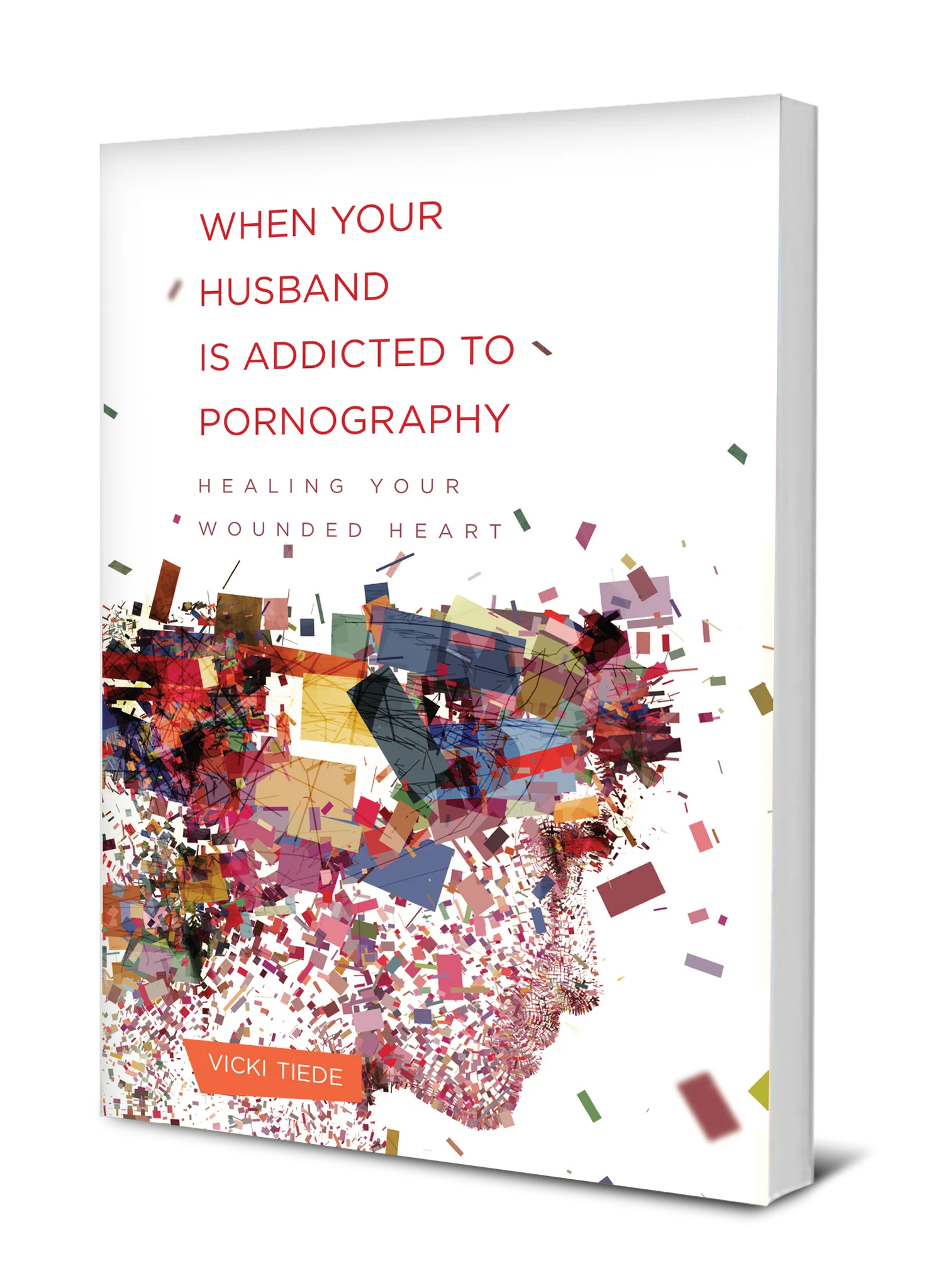
addiction



Sexual Addiction
Help & Resources For Sexual Addiction Harvest USA provides discipleship and equipping to care for those affected by sexual brokenness need help today? Could I be…addicted? Is addiction even a Biblical concept? Does Jesus offer help to someone feeling so stuck? It’s scary to even think about admitting that your own desires, thoughts and behavior…





Resource Highlight: Women’s Ministry
This month, Harvest USA Director of Women’s Ministry Caitlin McCaffrey highlights two resources for women. Sexual Faithfulness: Gospel-Infused, Practical Discipleship for Women is available as a free digital download, and Sexual Sanity for Women: Healing from Sexual and Relational Brokenness is now on sale! We pray these resources are a blessing to you and your…













What Can Pastors Do When People Say They Feel Addicted to Porn?
With addiction being the verbal currency of just about any human struggle nowadays, pastors and church leaders will find themselves helping men and women who are trapped in addictive pornography struggles. In this video, Mark Sanders speaks to pastors and church leaders on ways that they can help. To learn more, read Mark’s accompanying blog:…


What If I’m a Woman Who Struggles with Pornography?
In this video, Ellen talks about Jessica Harris’ blog, “My Problem Wasn’t Amish Romance Novels.” Many people think women do not have intense struggles with hard-core porn, but Jessica writes about her struggle and what women need to battle—and win—over addictive pornography struggles. You can read Jessica’s blog here. And you can read the entire Spring 2018 issue of harvestusa…










